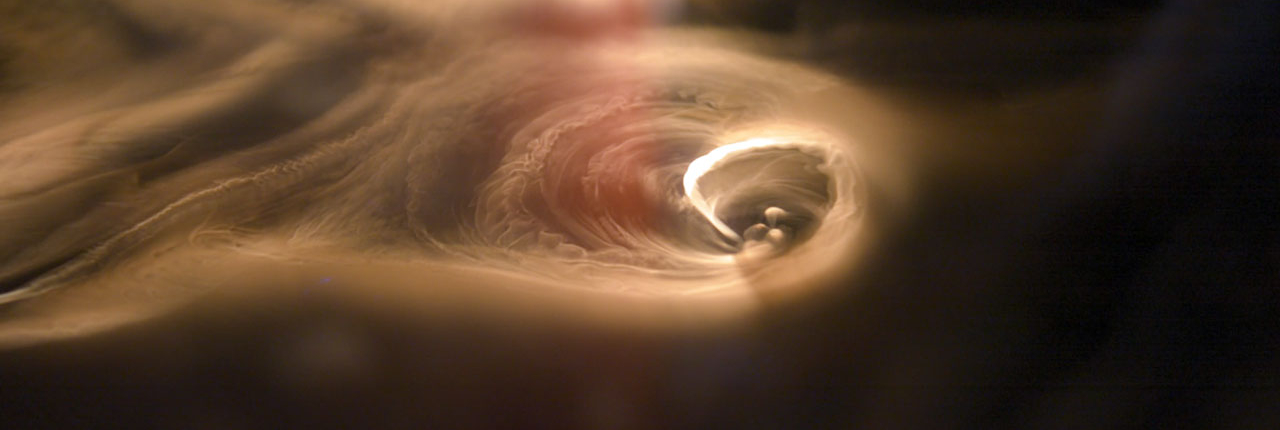What we do:
Like space, the Think Physics project is BIG. Really BIG. Over the initial three years of the project, we aim to work with both young people and their key influencers. These are people such as parents, carers and other family members, friends and teachers: all of whom help shape young peoples’ ideas about what they are like and what they should do with their lives. From ASPIRES, we know that the earlier we start the better, and so the project was designed to work with children from pre-school to post-16.
Working with young people.
Working with a number of partner schools (around 15 primary and 15 secondary) we offer a menu of activities and opportunities to show young people the pathways that studying science can lead to. Part of what we offer is:
- Careers-inspired, curriculum-linked workshops. You can see the reports of some of our workshops in the Activities pages.
- Careers-focussed assemblies and workshops.
- Activities for after-school STEM clubs, including ‘maker’ activities.
- A bank of careers information and case studies to support and offer context for the rest of our activities.
- and lots more.
Our aim is for young people to interact with Think Physics a number of times so that there is a ‘drip-feed’ of our messages. Some of our activities are aimed specifically at girls. Where we ask schools to nominate a smaller number of students to take part in activities then we aim for gender equity, and ask schools to suggest equal numbers of girls and boys.
Partner schools were chosen using a variety of measures including recommendation from Local Authority partners, size and pupil premium percentage.
As well as working with partner schools, we also work in a more limited way with linked schools. Some of our activities that are open to both partner and linked schools are:
- Physics Matters! and Physics in Perspective talks for post-16 students
- Think Lab STEM weeks (once a term)
- Royal Institution Engineering Masterclasses for Year 8 and Year 11
- Workshops and activities around the STFC Explore Your Universe project.
- Web-site resources
We also support and attend a number of larger events such as North East Skills, The Big Bang Fair North East, and Maker Faire UK. At these events, our aim is to ‘big up physics’ rather than the Think Physics project. We talk with young people and their parents about how Physics is all around them, as well as the opportunities that studying physics might lead to.
Working with others.
ASPIRES defines ‘Science capital’ as:
science-related qualifications, understanding, knowledge (about science and ‘how it works’), interest and social contacts (e.g. knowing someone who works in a science-related job).
Working with young peoples’ family and friends we aim to help increase their science capital – particularly in primary schools. We are doing this directly, for example, through our Science for Families course, attendance at school (STEM) fairs and running pop-up shops near our partner schools.
However, we also try to do this indirectly by giving pupils a postcard to take home after we have visited the school to run a workshop for them. On the postcards, as well as an image linked to the workshop, there is a URL which takes the visitor to a blog post about our visit to the school. This contains photographs from the day (of the children if permitted), a description of what we did, and links to further ideas or activities that can be done at home. We can track our page views to see if parents are visiting these pages, and also see how long they are staying on the website.
Teachers are also important influencers and we aim to support them in a number of ways. We host, as well as lead, subject CPD opportunities both at Think Lab and further afield, we’re developing subject support networks for both primary and A-level, and we’re using our careers links to help them to contextualise their lessons with case studies of STEM related companies.
As part of our wider remit, Think Physics has been working with arts, cultural and community organisations to bring STEM to places it otherwise might not be seen. For example, we co-curated an exhibition with The Holy Biscuit this year called ‘8 minutes 20 seconds‘ about the Sun and the human response to it.
Physics is about exploring the world, and we think those explorations can be delightful, surprising and satisfying. We believe physics should be accessible to everyone, for study and pleasure, from early years through school to employment and beyond.






